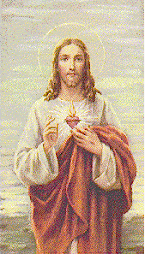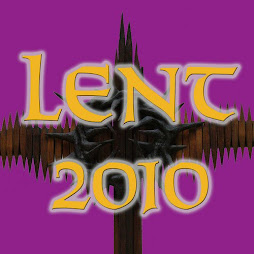that is, being endowed with reason and free
will and therefore privileged to bear personal responsibility—
that all men should be at once impelled by
nature and also bound by a moral obligation to seek
the truth, especially religious truth. They are also
bound to adhere to the truth, once it is known, and
to order their whole lives in accord with the demands
of truth.
However, men cannot discharge these obligations
in a manner in keeping with their own nature
unless they enjoy immunity from external coercion as
well as psychological freedom. Therefore, the right to
religious freedom has its foundation, not in the subjective
disposition of the person, but in his very nature.
In consequence, the right to this immunity continues to
exist even in those who do not live up to their obligation
of seeking the truth and adhering to it. Nor is the
exercise of this right to be impeded, provided that the
just requirements of public order are observed.
Declaration on Religious Liberty
(Dignitatis Humanae), no. 2
December 7, 1965

Reflection for Day Two
The Council Fathers note that it is precisely because
human beings are “endowed with reason and free
will” that they naturally seek what is true and good
and also, then, have “a moral obligation” to search
for the truth. This is especially the case of seeking
religious truth. Moreover, the truth they believe
they have come to know binds them to that truth.
Even if the “truth” they believe is not actually true,
yet, because they believe it is true, they are bound to
follow their conscience. As long as what they believe
does not infringe the just rights of others, they cannot
be coerced into giving up or changing what
they believe.
Moreover, the Council states that in order for
human beings to fulfill their obligation to seek the
truth and live by it, they must be free to do so. No
one or no authority is to force them to believe something
to which they themselves have not freely given
their consent.
Why does the Council stress the need to seek
freely religious truth? Why do those who believe what
is actually false still possess religious freedom?
.




























No comments:
Post a Comment